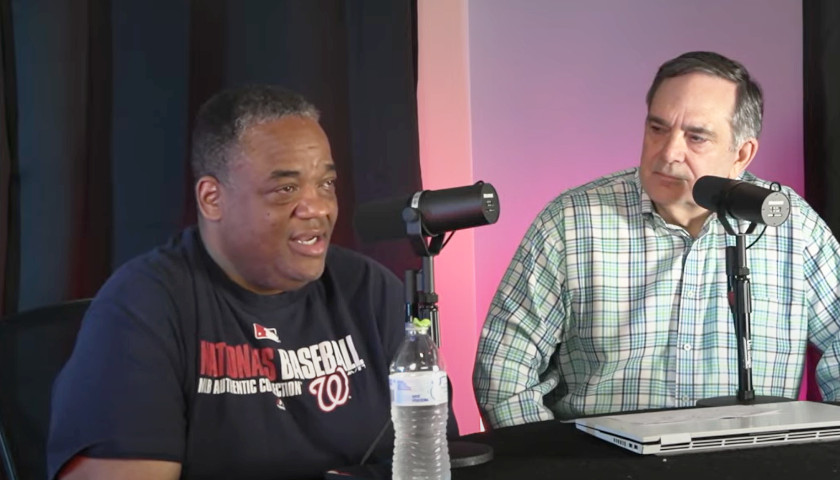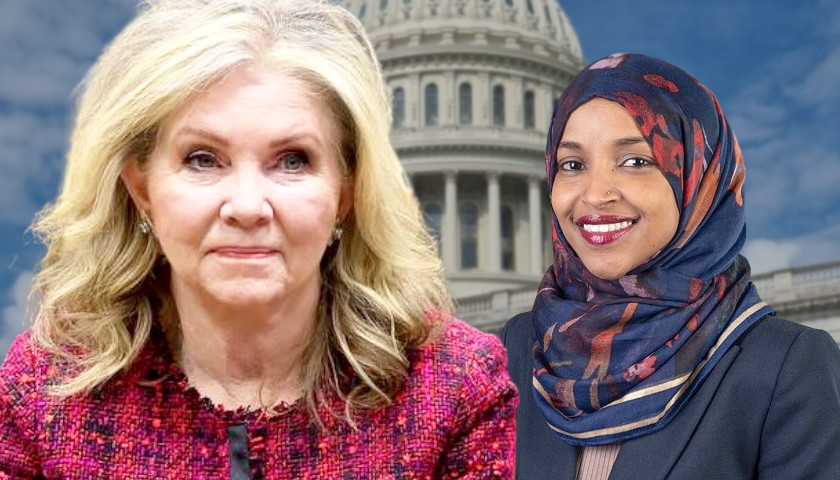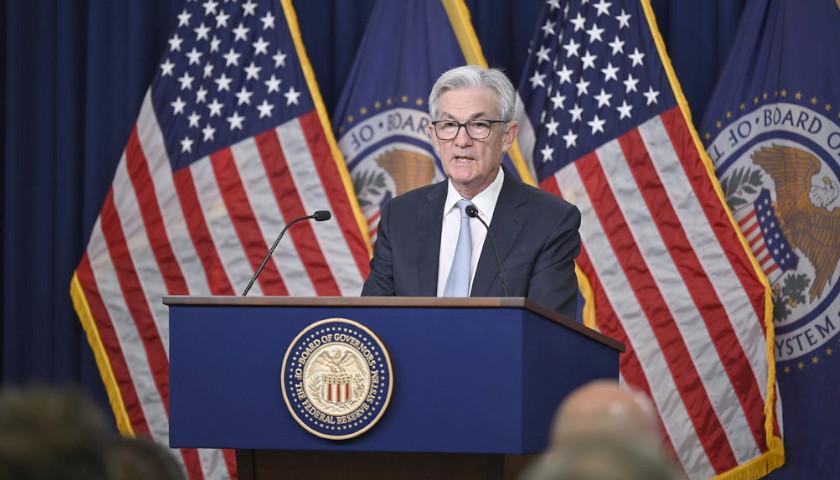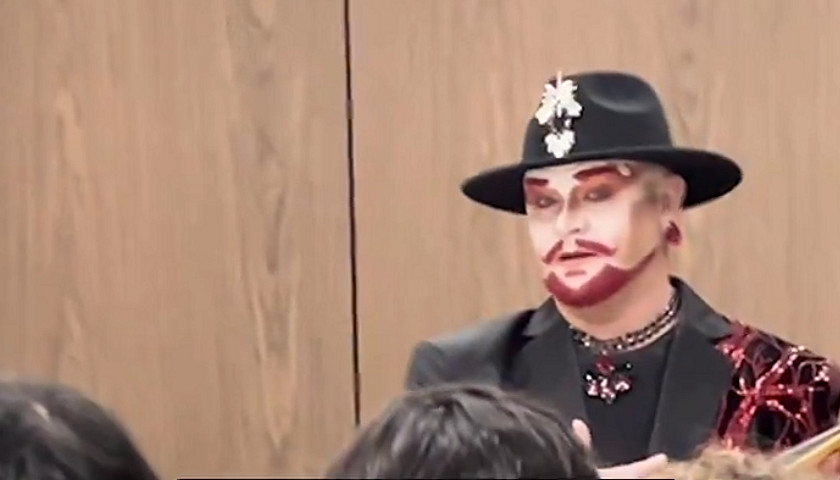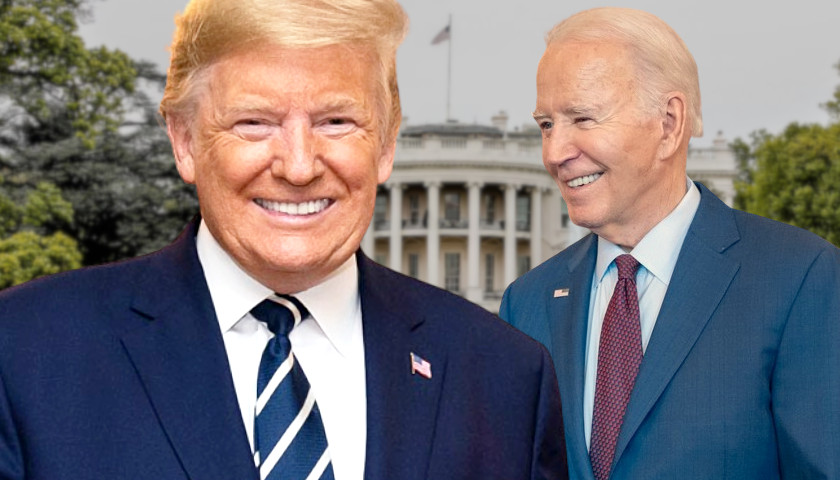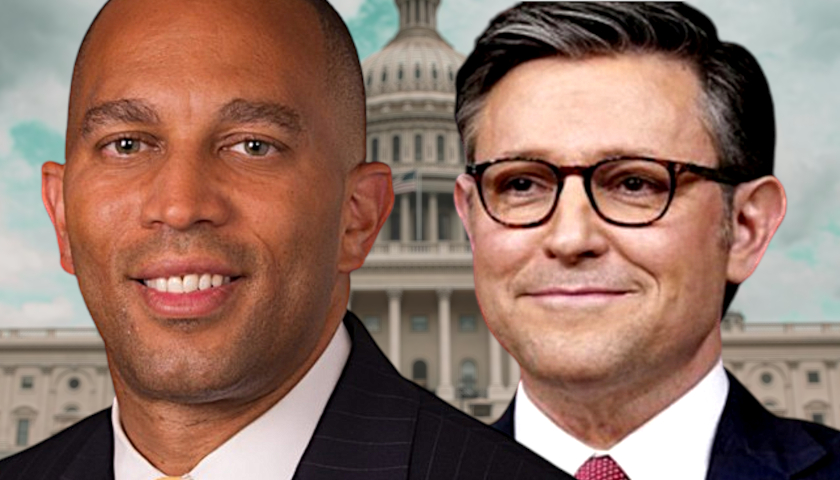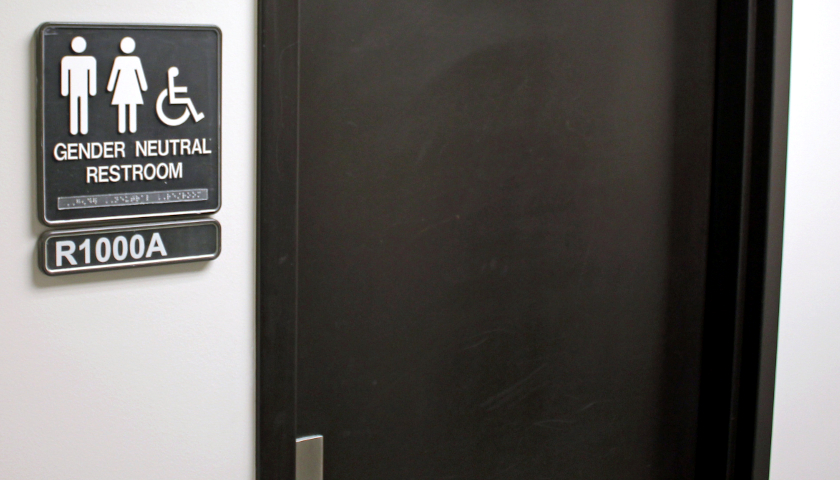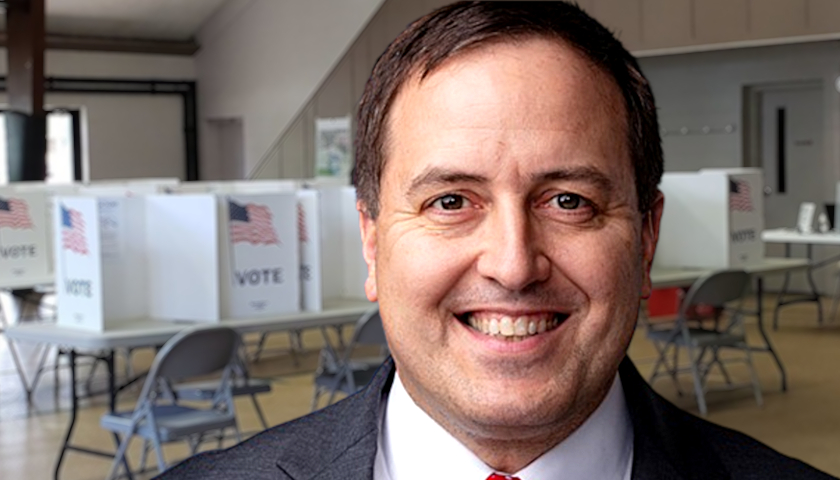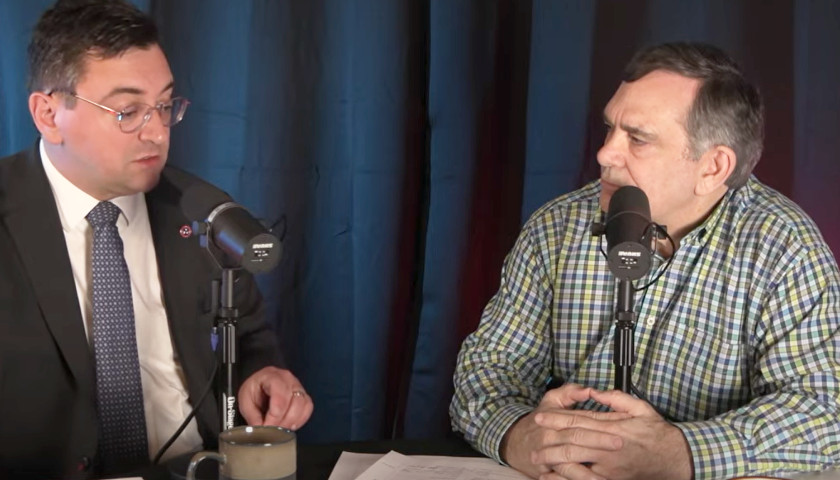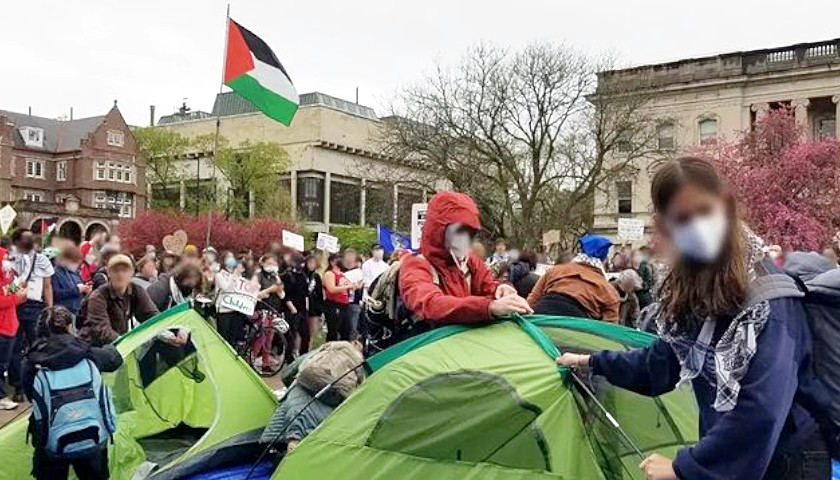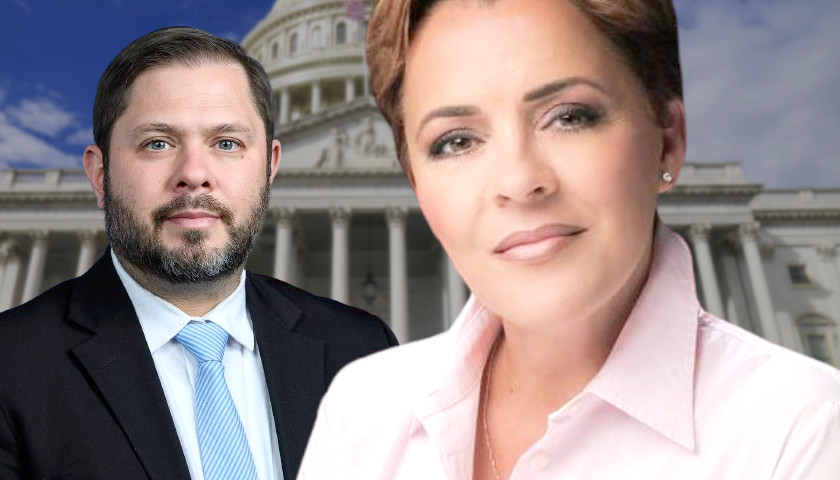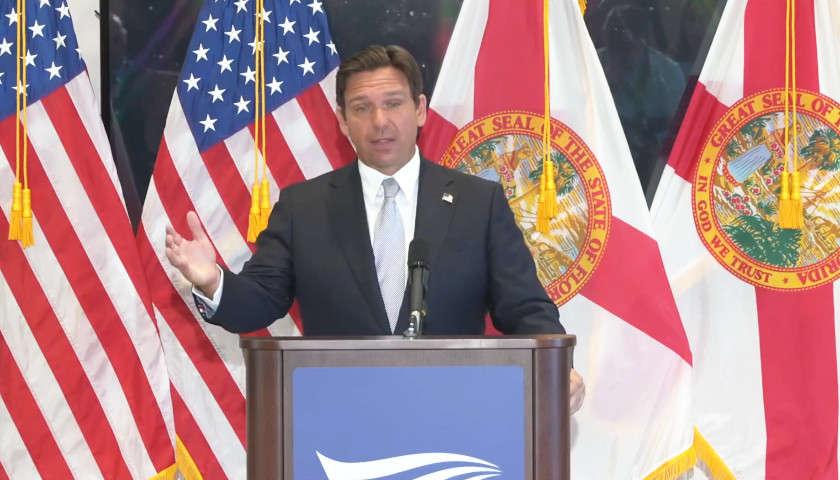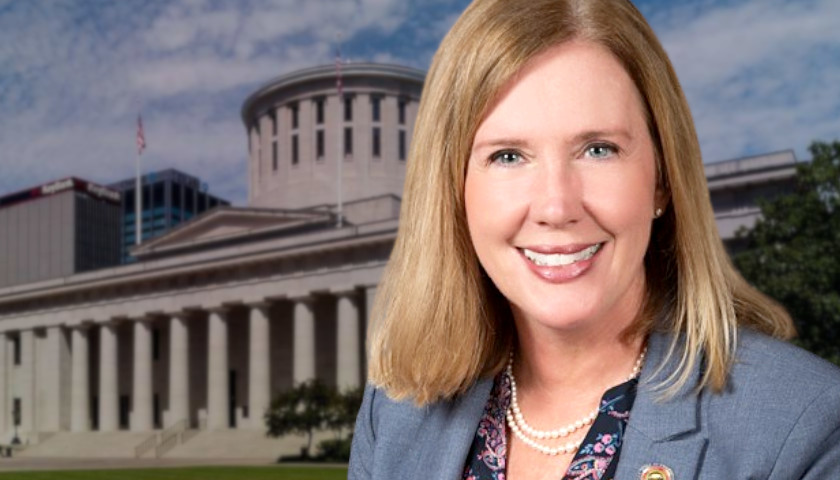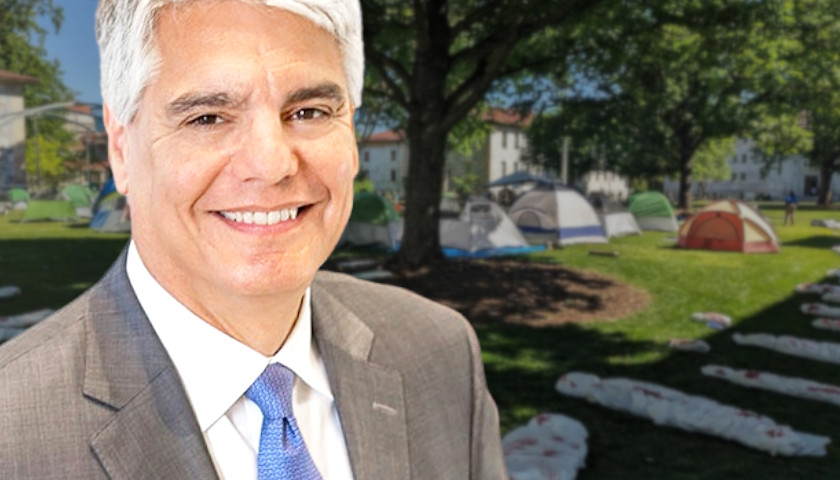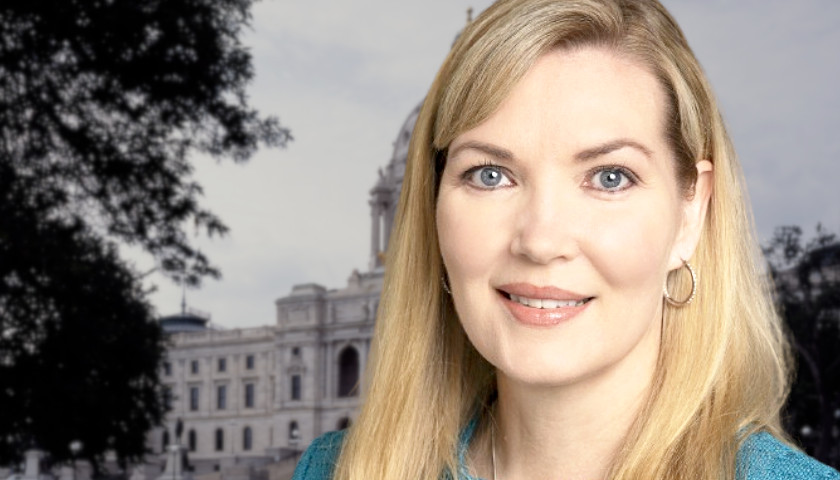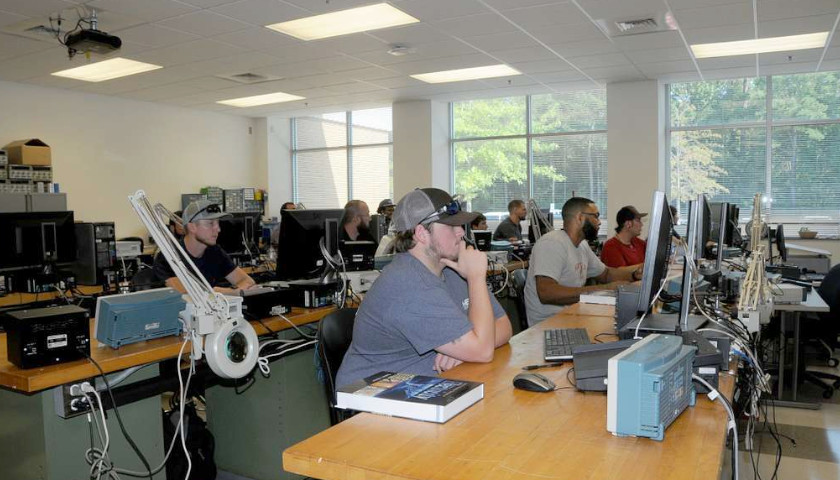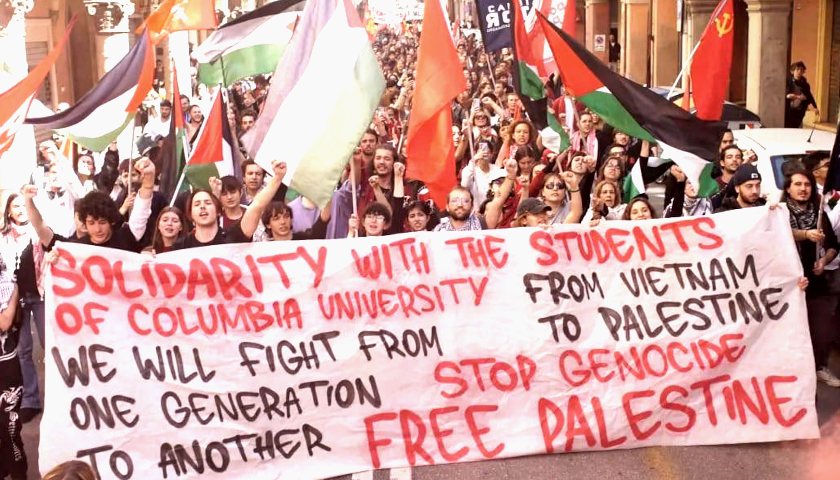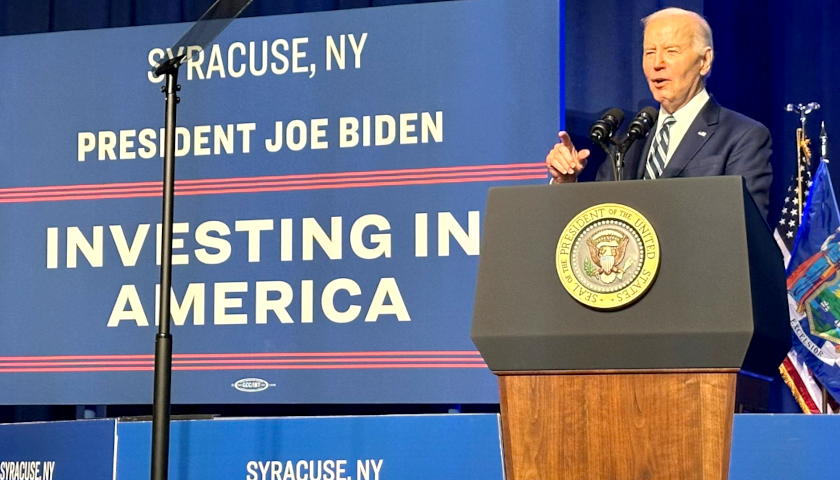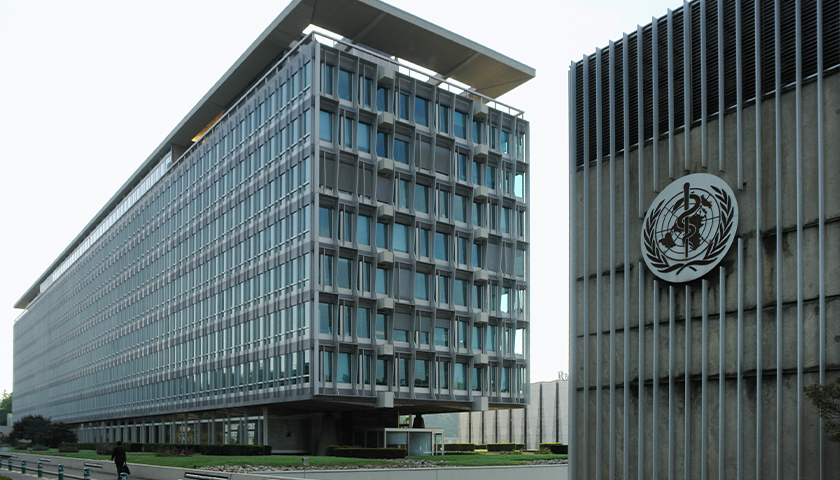When I was in college, one of my professors had written her PhD thesis on the cultural aspects of the post-civil-war militias, organizations that would evolve into the National Guard of today. These units proliferated at the time to give men, who lived in the shadow of their fathers’ and grandfathers’ Civil War service, a chance to emulate their exploits. When the Spanish-American War began in 1898, the men of these militias volunteered en masse. They finally had a chance to prove themselves worthy of their forbears and do something daring and dangerous.
My professor suggested that she and other academics were in an analogous situation. For them—and they were almost all on the left—missing out on the 1960s meant they missed out on a period of revolutionary change and ferment. For left-leaning academics, the 1960s was the era of breaking rules, smashing idols, and inventing new ideas and methods to address the abandonment of the old authorities. This period featured the debut of influential prophets of “unmasking” so prevalent in academic life today, such as Michel Foucault, Jacques Derrida, and Herbert Marcuse
Read the full story

